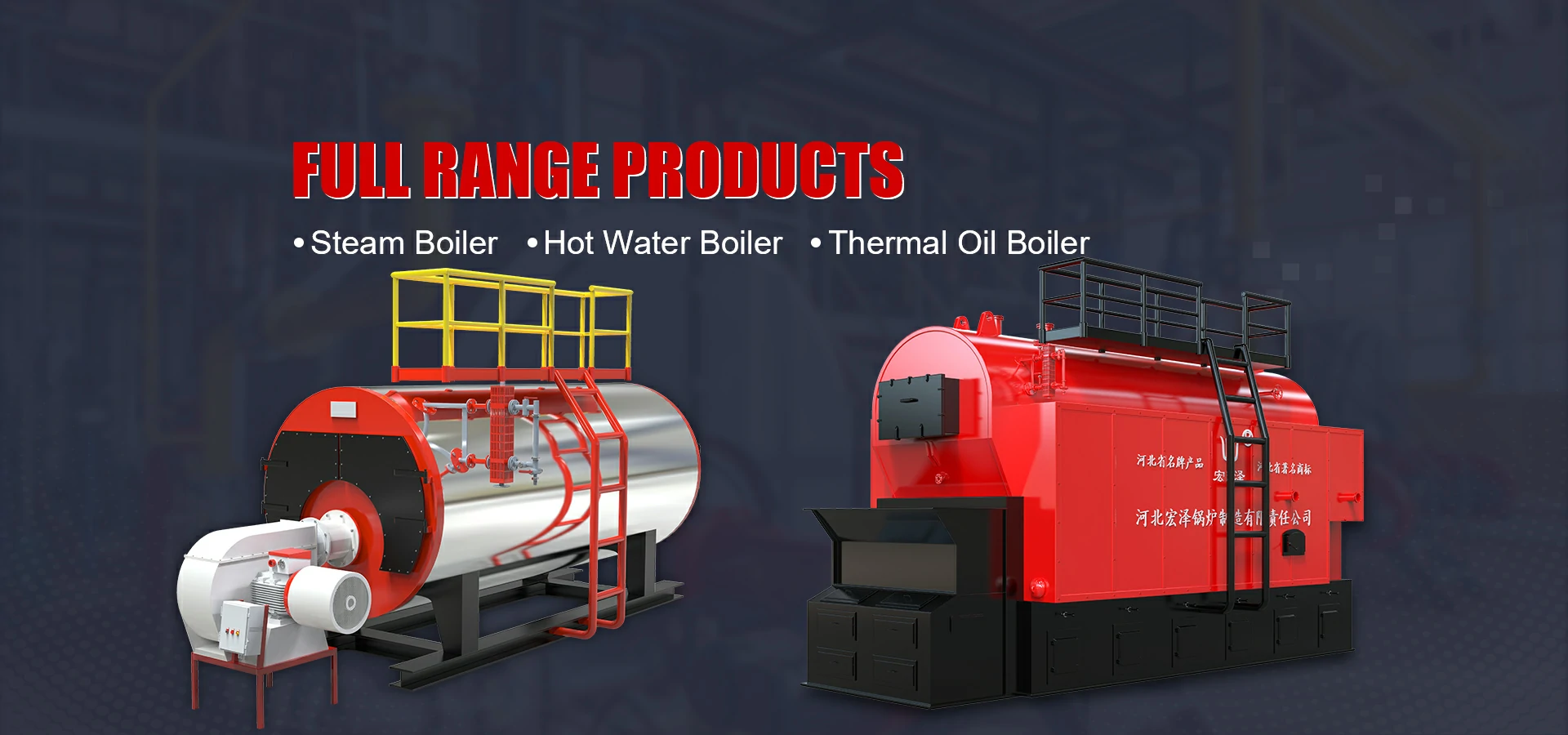
Oct . 03, 2024 08:11 Back to list
Gas Steam Boiler Upgrade Solutions for Enhanced Efficiency and Performance
Gas Steam Boiler Replacement A Comprehensive Guide
In today's industrial landscape, efficiency and sustainability are paramount. One of the critical components that plays a vital role in energy consumption is the gas steam boiler system. As aging equipment can lead to inefficiencies, rising operational costs, and increased emissions, the replacement of gas steam boilers has become a significant consideration for many businesses. This article explores the reasons for replacement, factors to consider, the benefits of upgrading, and the future of gas steam boilers.
Why Replace Your Gas Steam Boiler?
Gas steam boilers are integral to numerous industries, including manufacturing, food processing, and HVAC systems. However, as equipment ages, it often becomes less efficient and more prone to breakdowns. Here are a few compelling reasons for considering a replacement
1. Increased Efficiency Older boilers typically run at lower efficiency rates, translating to higher fuel costs. Newer models are designed to optimize fuel consumption, reducing energy expenditure.
2. Compliance with Regulations Regulations regarding emissions are tightening globally. Older boilers may not meet current environmental standards, putting businesses at risk of fines and legal action.
3. Improved Safety Features Advances in technology have led to significant enhancements in safety mechanisms. New boilers often come equipped with advanced controls and monitoring systems that minimize the risk of accidents.
4. Reduced Maintenance Costs Aging boilers tend to require more frequent repairs. A new system can drastically reduce maintenance needs, therefore minimizing downtime.
5. Sustainability Goals Many companies are shifting towards greener operations. Upgrading to a more efficient gas steam boiler can contribute significantly to reducing a business’s carbon footprint.
Key Factors to Consider in Replacement
When contemplating a gas steam boiler replacement, several important factors should be considered
1. Sizing and Capacity It’s critical to select a boiler that is appropriately sized for current and anticipated future needs. Undersized systems will struggle to meet demand, while oversized units can lead to decreased efficiency.
2. Fuel Type While natural gas is one of the most common energy sources for steam boilers, alternatives like biogas or propane can be considered for sustainability purposes.
gas steam boiler replacement

3. Technology and Controls Modern boilers come equipped with sophisticated control systems that allow for better monitoring and management of energy use. This can help in optimizing performance and enhancing efficiency.
4. Installation and Space Considerations The replacement process involves careful planning regarding installation. Consideration must be given to existing infrastructure and available space.
5. Cost While upfront costs are important, businesses should also analyze the total cost of ownership, which includes energy savings, maintenance, and potential tax incentives or rebates.
Benefits of Upgrading
Upgrading your gas steam boiler system is an investment that pays off in multiple ways
- Energy Savings Enhanced efficiency means reduced fuel consumption, leading to significant savings over time.
- Enhanced Productivity A reliable steam system ensures consistent performance, allowing for uninterrupted operations and improved product quality.
- Environmental Impact By lowering emissions and energy consumption, businesses can meet sustainability goals, attract environmentally conscious consumers, and enhance their corporate image.
- Increased Property Value Modernizing equipment can raise the overall value of your facility, making it more attractive to potential buyers or investors.
The Future of Gas Steam Boilers
The future of gas steam boilers looks promising, particularly with ongoing advancements in technology. Innovations such as hybrid systems, which integrate renewable energy sources like solar or wind with traditional gas systems, are on the rise. Furthermore, the development of smart boilers equipped with IoT (Internet of Things) technology allows for real-time monitoring and optimization, providing invaluable data that can lead to improved efficiency and reliability.
Conclusion
Replacing an outdated gas steam boiler can seem daunting, but the long-term benefits outweigh the initial challenges. With rising energy costs, stringent regulations, and a growing focus on sustainability, businesses must adapt to ensure their operations remain efficient and compliant. By understanding the reasons for replacement, considering key factors, and embracing the latest technologies, companies can enhance productivity, reduce costs, and contribute positively to the environment. Investing in a new gas steam boiler system today will pave the way for a more sustainable and efficient industrial future.
-
High Efficiency Gas Fired Thermal Oil Boiler for Industrial Heating
NewsJul.29,2025
-
High-Efficiency Gas Fired Hot Water Boiler for Sale – Reliable & Affordable
NewsJul.29,2025
-
High Efficiency Biomass Fired Hot Water Boiler for Industrial and Commercial Use
NewsJul.29,2025
-
High-Efficiency Biomass Fired Hot Water Boiler for Industrial Use
NewsJul.28,2025
-
High Efficiency Coal Fired Hot Water Boiler for Reliable Heating
NewsJul.28,2025
-
High Efficiency Coal Fired Thermal Oil Boiler for Industrial Heating
NewsJul.26,2025
Related PRODUCTS






















